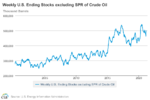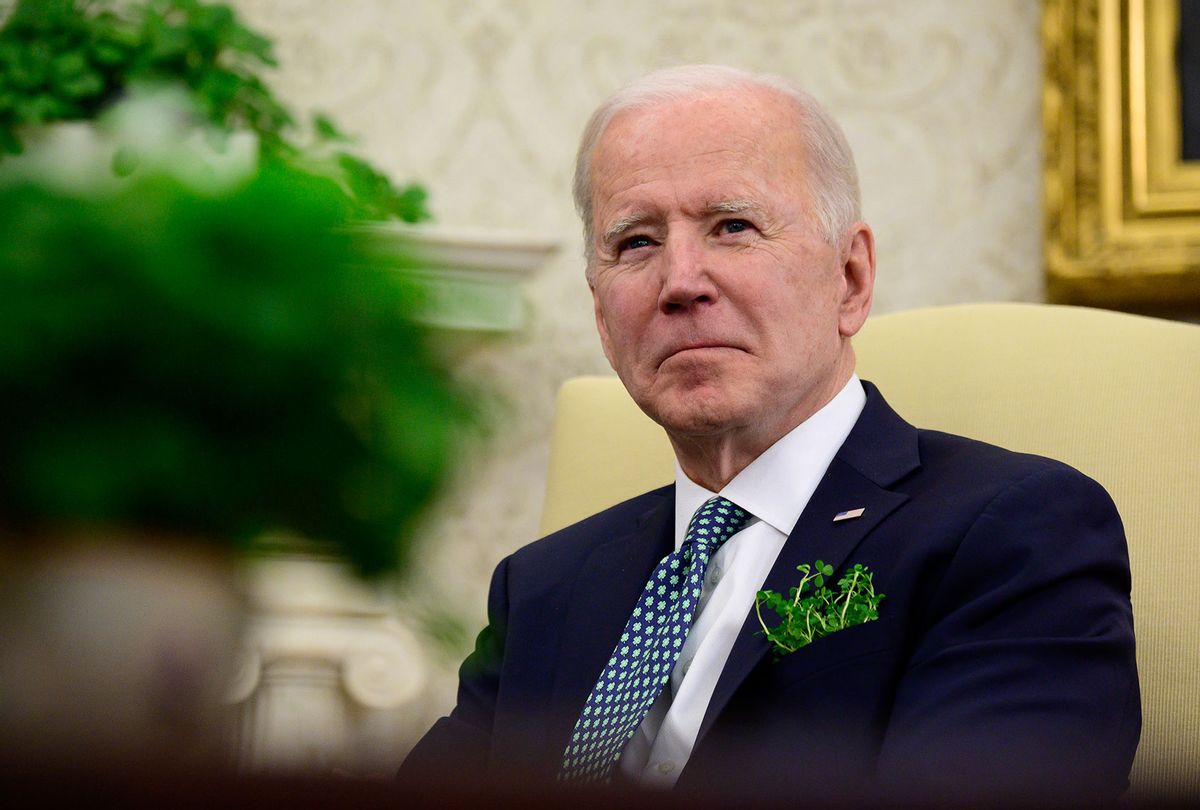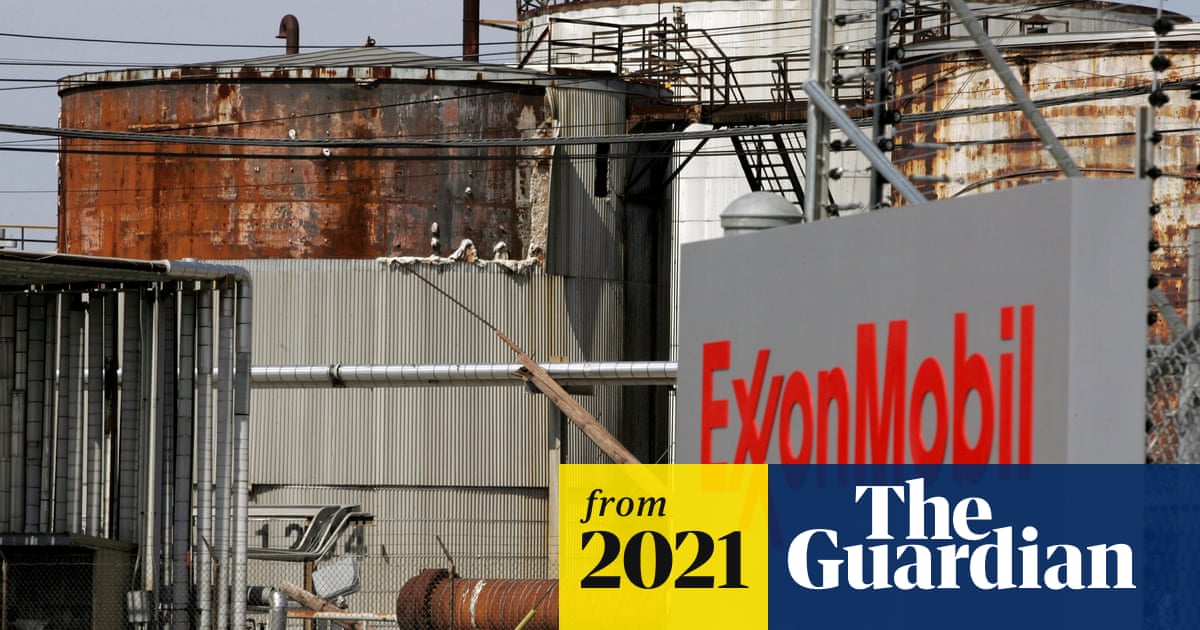Cyclicals! Everybody knows oil is cyclical...Let's just stick to the unvarnished facts. That's always a great basis for investment.
Occidental Petroleum(OXY) is one of the most leveraged and likely to fail oil & gas plays.
OXY is up ~7% today nearing $32 and a $29B market cap.
In 2018 it somehow touched $85 and pre-covid it was $42.
ExxonMobil has emerged as the more likely to fail oil major, I guess due to leverage and high costs basis.
XOM touched $62.50 today, a market cap of ~$270B.
This is right around it's pre-covid level and near it's $75-95 range of recent years.
Chevron is now magically the "smart" oil & gas play. (Is there a smart oil & gas play?)
CVX is sitting around $112 today, a touch above pre-covid.
CVX looks prepared to add even the most leveraged assets via their "good" balance sheet.
If all that is true then we buy:
OXY long puts starting now and ramping til they implode. Jan 2023 now and move out as they become available.
XOM long puts starting 4th of July and ramping til they implode. Jun 2023 and move out as they become available.
CVX long puts starting Labor Day and ramping til they implode. Sep 2023 and move out as they become available.
I'm sticking to my plan of buying 1 put contract for CVX in 4Q20 at the longest expiration and whatever strike I can get at $4.20 per share. Then this quarter I buy 2 with the same strategy, then next quarter 3. Trying to time it out within each quarter to get the best deal @ $4.20 or just wait til the last day.
Will probably do the same with OXY starting April 1 and XOM in 3Q21. Should work out fine if I can afford it for 2 years for the outset of each.
I generally jump the gun on these things, so it's likely best to bump this post in 16 months and start from then. In the mean time, I will start throwing my money in a hole.
Until it isn't.









